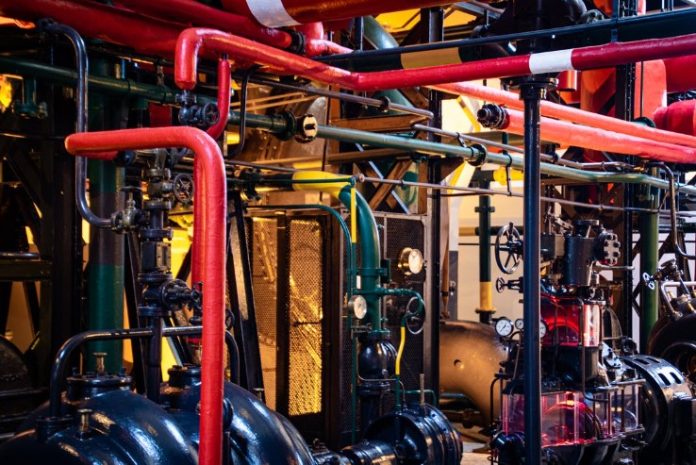Romania’s top five industries in terms of competitive pressure have remained unchanged in 2022, as against 2021, but a decrease is noticeable in the production of natural gas and a slight increase in the production and the sales of cement, according to a recent report on developments in competition in Romania’s key sectors drawn up by the Trade Competition Authority, Agerpres reports.
The top five industries in terms of pressure are taken by IT consulting services, followed by clothing and footwear sales, pay TV, IT outsourcing services and architecture services.
„At the bottom of the ranking, compared with the previous year, there is a decrease in the competitive pressure in natural gas production, and a slight increase in cement production and sales, which, however, bring up the rear.”
Notable increases in competitive pressure y-o-y are also recorded in road freight transport (+1.8%), voluntary car insurance (+4.7%), civil liability car insurance (+6.6 %) and expanded polystyrene (+3.3%).
Regarding the natural gas and electricity industries, the report says that their major disruptions are caused by external factors, such as a cap on gas deliveries from Russia to Europe, uncertainties over the war in Ukraine and an increase in the price of CO2 emission certificates. The effect of these factors in terms of price increases both on the natural gas and electricity markets was made more visible by a decrease in domestic supply (a lower production of both natural gas and electricity).
In the insurance industry, following the bankruptcy of City Insurance, the RCA third liability insurance market in particular, has a composition that allows more competition, mainly due to the fact that the former policyholders of City Insurance were redistributed among the rest of the remaining players. One of the main damages that the bankruptcy of City Insurance produced is of a psychological nature, namely related to the anchoring of the policyholders’ perception in an unsustainably low RCA premium rate level, as the reality has otherwise demonstrated.
Regarding the pay TV industry, the report indicates that more and more people are subscribing to video on demand (VOD) platforms , a phenomenon much more visible in the urban areas than in the countryside. Industry forecasts show that this type of service will continue to grow in the future along with a cut in time spent watching traditional TV channels. However, the vast majority of those who subscribe to VOD do not give up their traditional TV subscriptions, but only allocate less viewing time to them.
The Competition Council has developed the Aggregate Index of Competitive Pressure (IAPC) as an analytical tool designed to measure the degree of industrial competition in Romania’s national economy.
Agerpres




